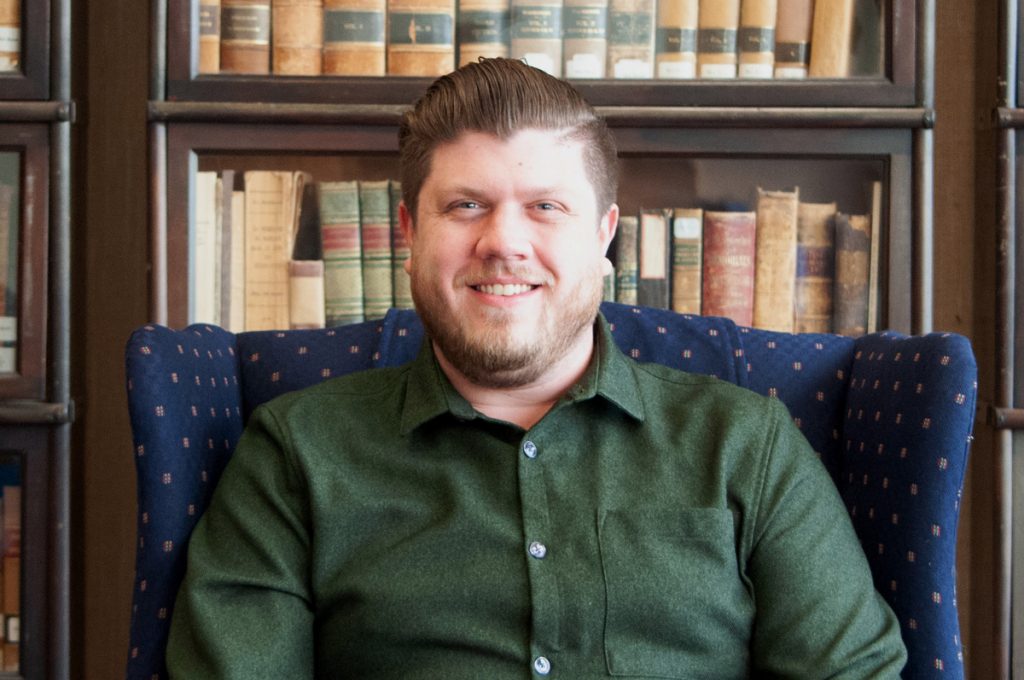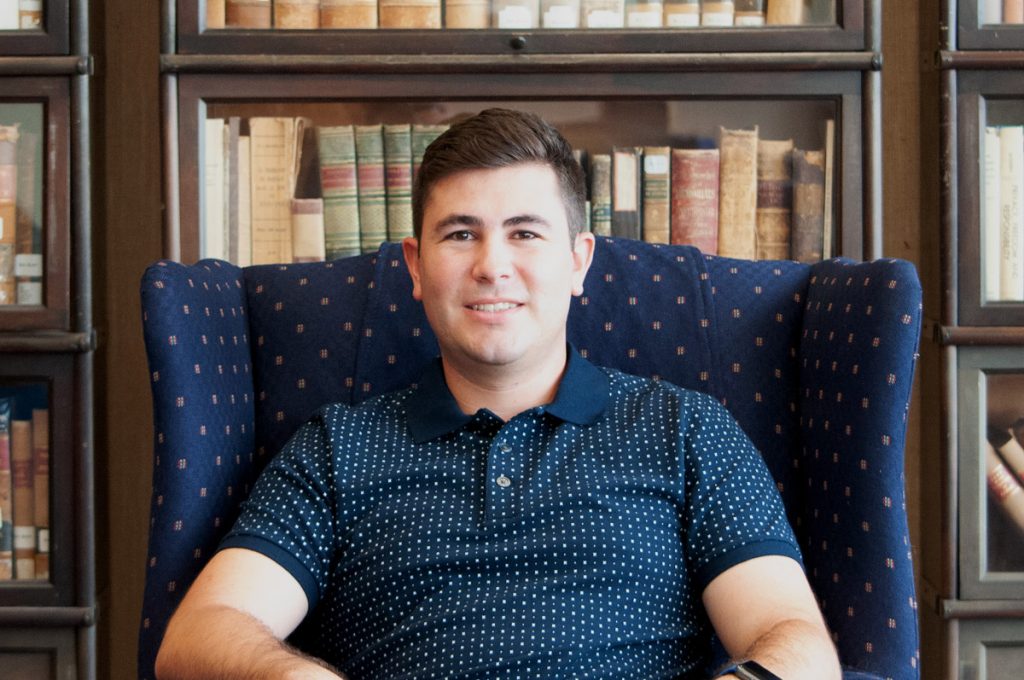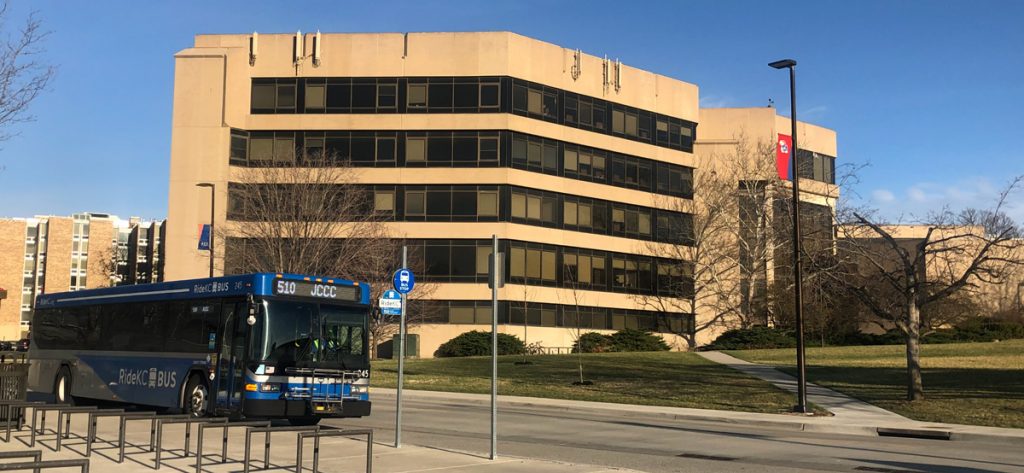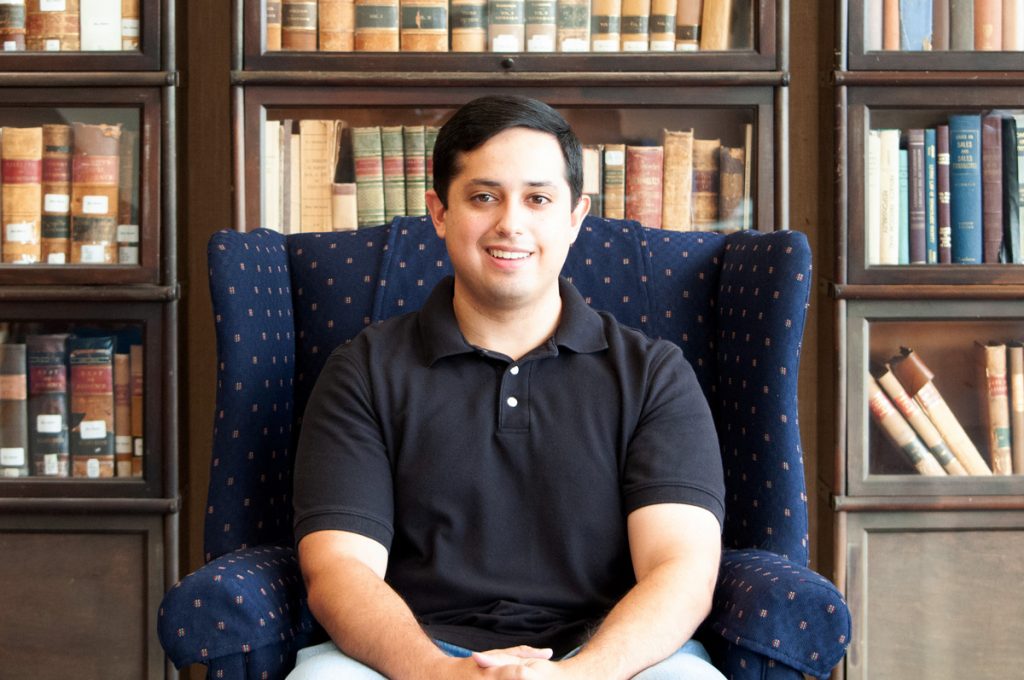Keeping up with your “why” through 1L
“Why am I doing this?”
At some point during your 1L year, this thought will cross your mind. Maybe you’ll be pouring over a massive outline for finals, trying to figure out how to get everything into your head for tomorrow. Maybe it’ll be on a random evening where you had unexpected car trouble and didn’t get started on your homework until well after dark. Maybe it’ll just be an average Friday, where you’re exhausted and just want to lie in bed, but you have class.
In those moments where you may question your choice, knowing your “why” gets you through the tough moments and into the good.
Chances are you have some sense of your “why” because you applied to law school in the first place. It could have to do with your skill set, the importance of law or even a particular issue you believe you can help with a law degree.
Ask yourself this question on the front end and run with it. Come up with as many reasons as you can. Pair your reasons with specific and concrete moments that you can recall later. Commit them to memory. I keep a list in my desk.
But you should go beyond that, especially during your 1L year. You’re going to be busy, of course, but you will have time if you make it. Some of the best advice I received coming into law school was to maintain at least one grounding activity or hobby unrelated to law school. You probably don’t want to be committed to an additional 20 hours per week on day one. (The rumors are true. You do need sleep!) But keeping up with things you love outside of school is a great way to keep yourself grounded.
If you came to school to support a cause, try volunteering with a local charity a few hours a month. If you came because you love to read and solve puzzles, take some time to read whatever silly novel you want or dig into a crossword puzzle on a Sunday. If it was about a career where you get to connect with people, make sure you’re still doing that. Take time for lunch or go meet people on the weekends. If you love to write, try some poetry.
When you nurture your “why,” you can reinvigorate yourself in the moments when you feel like you’re pouring from an empty cup. The law is so important – and I think so worth it to study – but it is inherently removed from reality at times. It’s easy to drown in the paper and forget. Keeping connected to “the point” – whatever that may be for you – will help you persevere until you get back to those good moments. Until you get to study a case you really care about, or you see your pro bono efforts pay off for your clients, or you have that next deep discussion in class, a good reminder never hurts.
-By Libby Rohr, a 1L from Leawood and KU Law Student Ambassador







